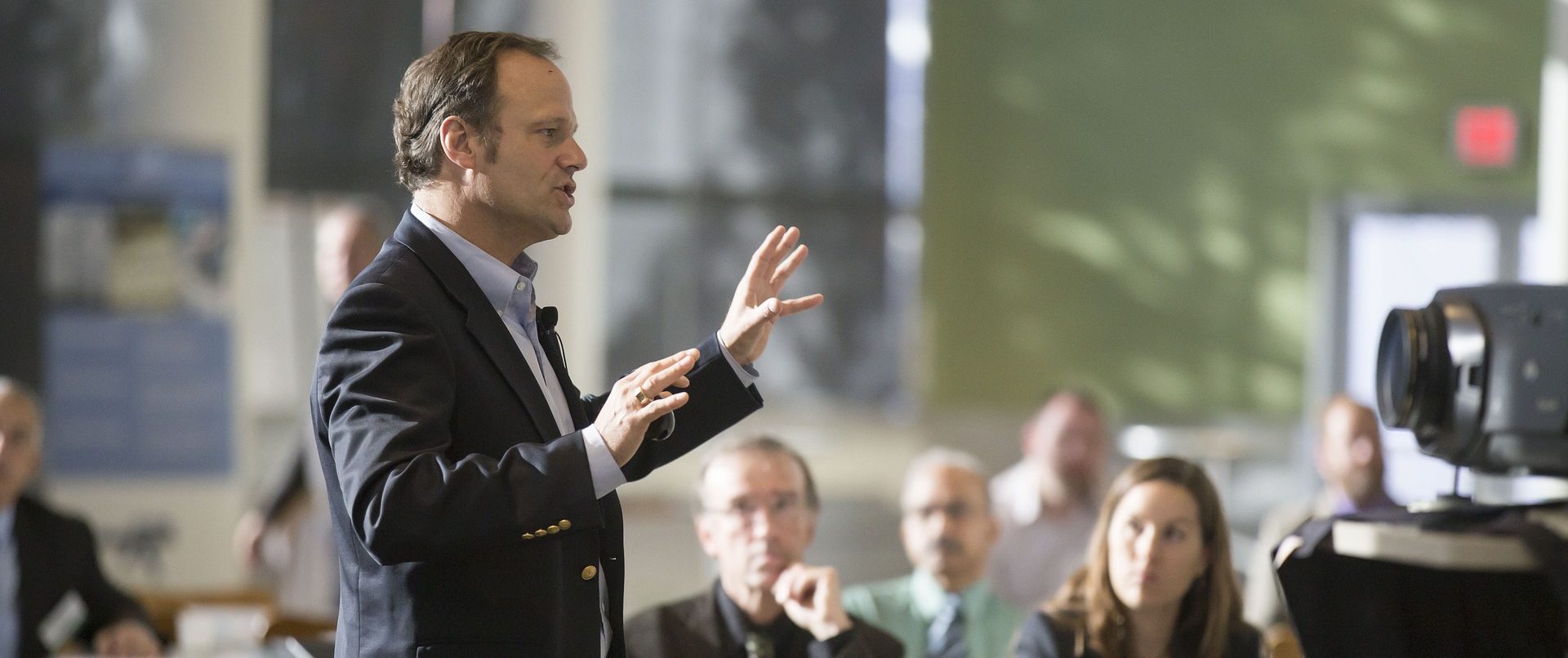Choosing the Perfect Venue
Whatever your event, selecting the perfect venue is everything. It’s often one of the first things you’ll need to do. When the rest of the event planning hinges on the venue, it’s sometimes done in a rush. Often little thought beyond what’s available and in your budget.
Choosing the perfect venue is a valuable skill. It can help encourage attendance, give a great impression of your company and make or break your guests experience.
I’ve compiled my top dos and don’ts for picking the perfect venue for any event.
Don’t do all the leg work
Before you even begin, think about your requirements and then get in touch with a venue sourcing agent. Calling round venues to check availability, get quotes and find out if they are even suitable for your needs is time consuming and a waste of energy.
There are some fantastic agents out there who can help you. Instead of repeating yourself over and over, give them the information. They’ll put together a list of suitable and available venues and quotes. Most won’t charge you for their services – they make their money from the venues themselves.
Not only will this save you heaps of time, you’ll probably get a better deal too. Due to the volumes of bookings these companies make, they are often able to secure deals not available to the general public.
Of course there are exceptions to this rule. We often go direct to venues we have worked with before to cut out the middle man.
Do choose the best location
Getting the location right is important. This doesn’t mean the hotel across the road from your office. What’s convenient to you, is often not convenient to your attendees. Think about where most of your guests will be travelling from. Consider the time of day – will they need to come straight there, head back to the office or home afterwards.
Think about transport links. Where possible, make sure your event is held close to a mainline train station. Not only is this convenient for guests, but it is important to encourage the use of public transport where possible.
For events outside of London, consider how other guests will be travelling. Londoners are less likely to drive, but even outside of London city centre locations still often work best. Plus, it encourages more attendees to stay on for networking drinks.
If you are somewhere where you know guests will be driving, make sure the venue has parking. Think about areas where traffic jams are common and how you can avoid guests getting stuck in them. If guests are travelling internationally, consider ease of access from the airport.
Don’t skip a site familiarisation visit
It can be tempting sometimes to trust the information from a venue, particularly when you’re busy or it’s not convenient to travel to. But, whenever possible, take the time to go and visit the venue in person. There is often tons of information about venues online, but nothing beats seeing it for yourself. Like estate agents, venues often post flattering pictures which make rooms look bigger than they are.
You may have in your head an exact idea of how the event might play out. Only by being at the venue can you really consider whether these plans will work in reality. You may realise when you arrive that the designated area for greeting your guests is too small. Or that the lunch will be held in an area the public regularly cut through.
It can be a positive too. The layout of the room might encourage you to try a different seating plan. Or you may spot an area of the venue that you wasn’t aware of that would make the perfect spot for post-event networking.
Do ask for Exclusivity
There is nothing worse than arriving to set up your event to find that another conference is taking place across the hall. Make sure you ask for exclusivity – even if just of a particular area – early on in the planning process.
Hotels are the worst for this. They will often have multiple events taking place. Your registration area becomes awash with other companies signage and banners. Promises that the refreshments timings are planned to avoid the other conferences fail. Inevitably one conference breaks a little earlier and the other is overrunning . Suddenly your guests are mingling with those from the wrong conference and no one is sure which biscuits belong to who.
A great tip to avoid this is to look at slightly more unusual venues. We often use livery halls when in central London. These are smaller venues, often with space for only one conference at a time. You’ll avoid all the potential difficulties of sharing a space and have dedicated staff for your event.
The other advantage to avoiding hotels and conferences centres is that your venue will be different. It’s always nicer as an attendee when an event isn’t in the same old boring space and can be a good conversation starter for guests.
Don’t scrimp
Now I’m not saying blow the budget out of the water, but don’t try to do things on the cheap. There is often a reason why some venues are super cheap. Sometimes even worse than a cheap venue, is an amazing venue, but clearly budget cuts have been made on the refreshments.
There are some great deals to be had out there. Think about the impression you wish to make with your events and set the budget accordingly.
Of course, the type of event should dictate how much you spend. A free hour-long seminar doesn’t call for a lavish 5* venue. If you are charging for attendance, then you really should splash out a little more.
Do stick with what you know
If it ain’t broke don’t fix it. It can be tempting when you’ve used the same venue repeatedly to wonder whether you should mix things up a bit. I’ve definitely been guilty of doing this myself.
Over time, you’ll develop a good relationship with a venue. You get a decent price, you know the team and your guests are always happy with the venue. For guests, familiarity with a venue is often a positive. You know where you’re going and what you’re going to get.
Of course, if you have problems with a venue switch it up. But on the whole, if you find the perfect venue, stick with it. Trust me, if you try somewhere else you may end up regretting it.

